On the afternoon of August 7, at Ho Chi Minh City Open University, the Ministry of Education and Training organized a scientific conference with the theme "Developing universities into strong research entities, closely combining research, application and training".
Deputy Minister of Education and Training Nguyen Van Phuc attended and chaired the workshop.
State - school - enterprise method as driving force
At the workshop, Mr. Tran Nam Tu, Deputy Director of the Department of Science , Technology and Information (Ministry of Education and Training) presented the draft Project to develop universities into strong research entities, closely combining research, application and training by 2035.
The project sets out the viewpoint of developing a number of universities to become strong research entities according to international standards, with outstanding capacity in scientific research, technology transfer, innovation, human resource training and talent development.
These schools will play a leading role in the network of universities and research institutes, especially in the fields of high technology and strategic technology.
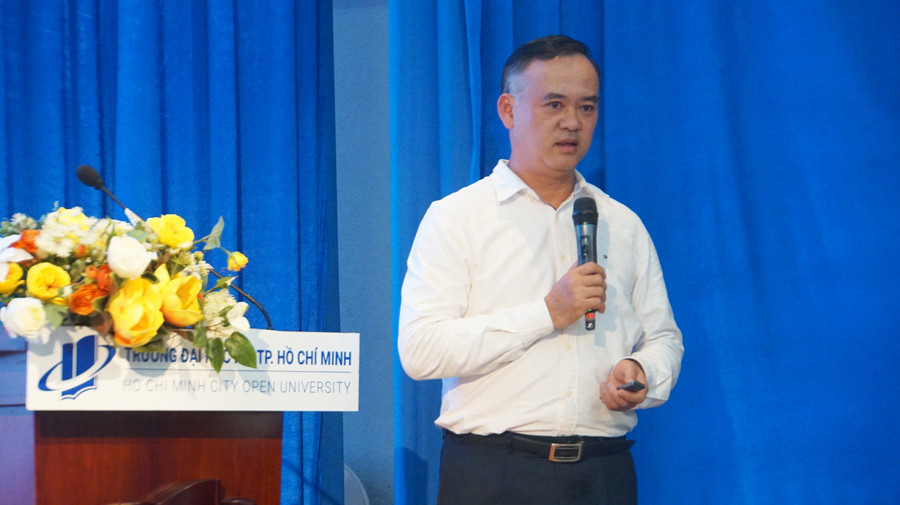
The project also affirms the central role of national universities, regional universities, key universities and higher education institutions with strengths in the fields of research and training.
The State-school-enterprise cooperation method is identified as the main driving force for development, contributing to the formation and spread of an ecosystem of scientific research, innovation, knowledge transfer application and effective and sustainable training.
According to the roadmap, by 2030, the project will select and invest in developing from 15 to 20 public universities with leading capacity, reputation and strengths in research, application, innovation and human resource training in priority areas of the 4.0 industrial revolution and cutting-edge science.
Of these, at least two elite universities will receive outstanding investment to develop into world-class research universities. Specific targets by 2030 include: an average increase of 12% per year in the number of scientific publications in prestigious international journals; a 20-22% increase in the number of patents registered and granted per year; and the formation of at least 50 strong research groups, of which at least 30 groups will reach international standards.
Each strong research university must also attract at least 20 good experts and scientists, Vietnamese people living abroad or foreigners, to participate in teaching and research in Vietnam.
By 2035, the number of schools invested in and developed will increase to 25-30 public higher education institutions. Of these, 3-5 elite universities will be built according to the model of international-class research universities.
These institutions will maintain an average growth rate of 15% per year in international publications, with patents increasing by 23-25% per year. The number of strong research groups will reach 70, of which at least 50 groups will reach international standards.
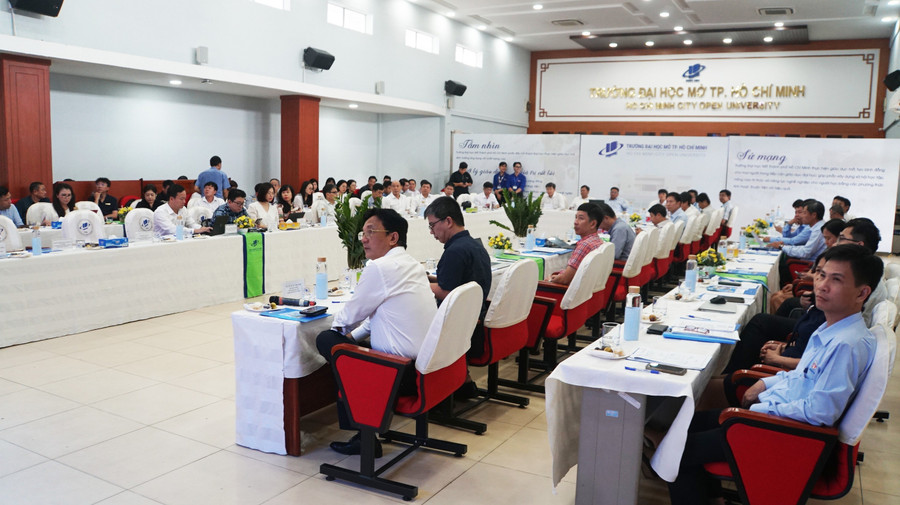
To realize the above objectives, the project identifies four groups of key tasks and solutions: researching, reviewing, and proposing mechanisms and policies to support the development of universities into strong research entities; enhancing research capacity, innovation, cooperation and connectivity of universities; supporting the effective implementation of the State-school-enterprise cooperation model; enhancing bilateral and multilateral cooperation and international integration in research, technology transfer and training.
Enhancing the status of higher education institutions
At the workshop, scientists and university representatives contributed many important ideas. The ideas aimed to realize the goal of enhancing the role and position of higher education institutions in the national innovation ecosystem.
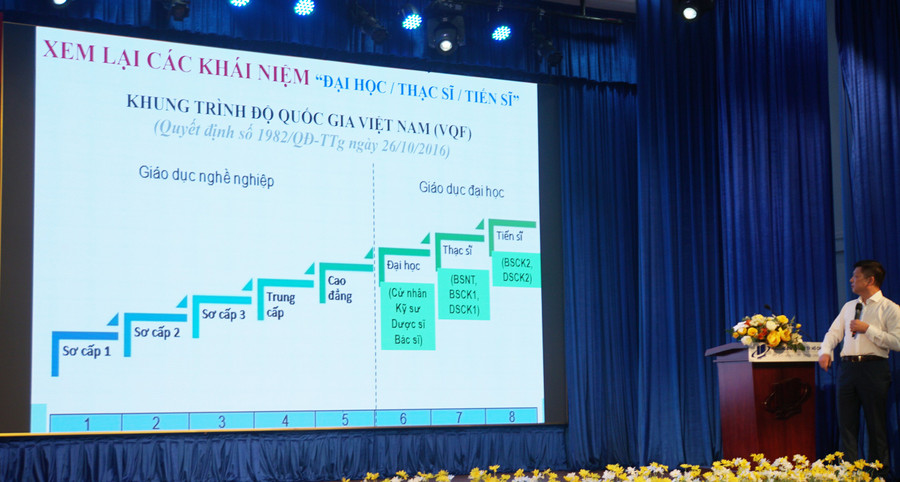
Associate Professor, Dr. Dinh Doan Long, Vice Principal of the University of Medicine and Pharmacy (Vietnam National University, Hanoi) said that in the field of health sciences, Vietnam possesses a large resource of "raw data", but it has not been exploited effectively.
The current science and technology management mechanism has not met development requirements, is still constrained, and has not "liberated" the potential of science and technology, especially in basic research and innovation.
Assoc. Prof. Dr. Long affirmed that Resolution 57-NQ/TW of the Politburo has opened up opportunities for the entire higher education and science and technology system to establish a new mechanism, aiming to fully unleash the potential of science and technology.
Universities, with their strong research potential and socio-economic influence, will play a pivotal role. Closely connecting training, research, innovation and knowledge transfer at leading universities is an inevitable trend.
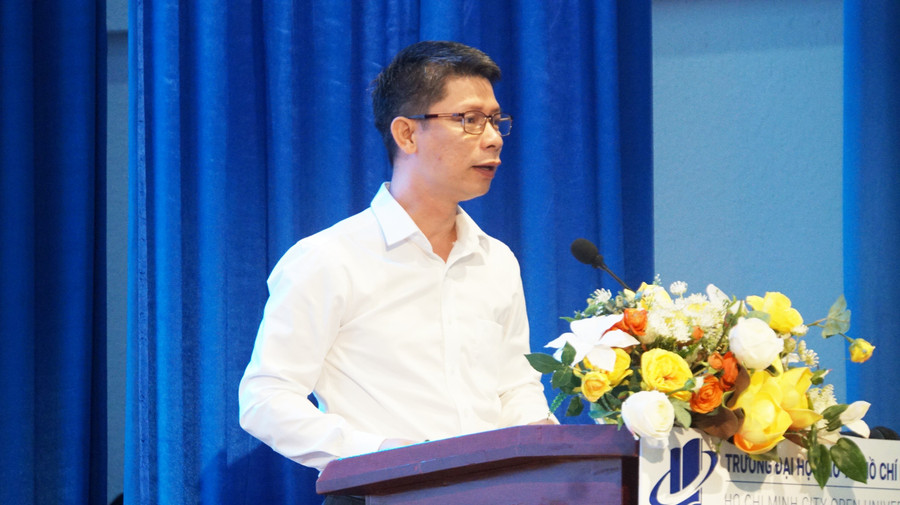
Assoc. Prof. Dr. Le Tien Dung, Vice Rector of the University of Technology (University of Danang, DUT) shared the strategy to develop the university of technology into a strong research entity, closely linked with national innovation.
The school representative proposed that the Ministry of Education and Training increase budget investment in the direction of research, in which priority is given to regular and stable allocation for key regional technical schools such as.
In particular, it is necessary to invest in research in strategic technology fields such as artificial intelligence (AI), semiconductors, renewable energy, biomedical technology and high-speed transport infrastructure.
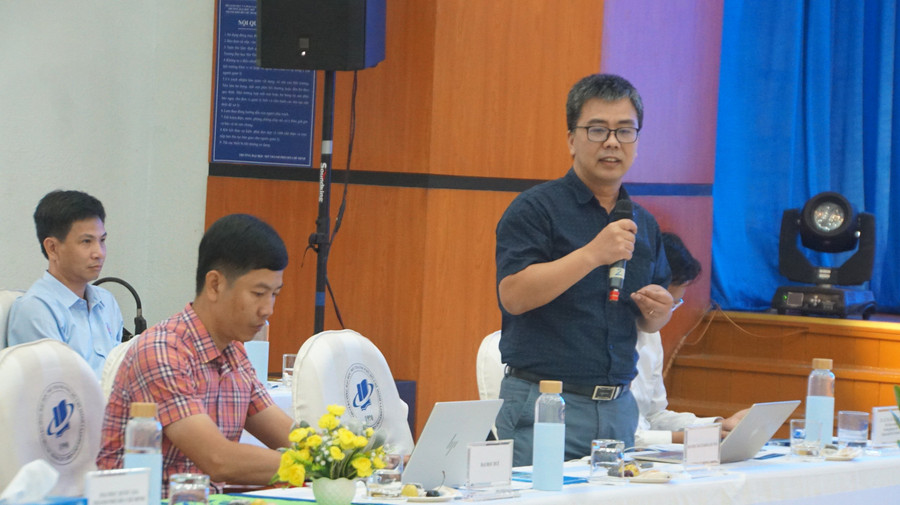
At the workshop, many delegates from universities discussed "bottlenecks" in the process of developing science and technology in schools.
In general, to build strong scientific research entities, it is necessary to first form and develop strong research teams. Promoting strong research teams is the foundation for improving the quality and effectiveness of scientific activities in schools.
Delegates said that through valuable scientific research products and practical technology transfer activities, universities can truly affirm their role as research subjects in the national innovation system.
Therefore, gathering and developing strong research groups capable of solving large, interdisciplinary problems and serving practical needs is an urgent requirement.
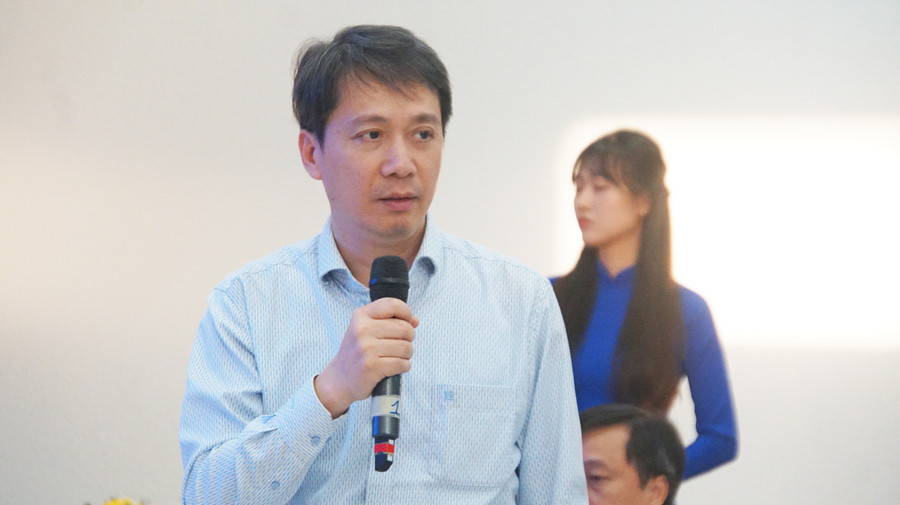
Mr. Pham Quang Hung, Director of the Department of Science, Technology and Information (Ministry of Education and Training), emphasized the central role of scientists, universities and research institutes in the national knowledge ecosystem.
According to him, these are the spreading nuclei, strong research subjects, capable of closely connecting training and research, application and innovation.
Clarifying the meaning of "strong research subject"
In his concluding remarks at the workshop, Deputy Minister of Education and Training Nguyen Van Phuc requested the Department of Science, Technology and Information and relevant units to clarify the connotation of the concept of "strong research subject".
According to the Deputy Minister, in addition to indicators on scientific publications, technology application and transfer..., it is necessary to clearly identify other aspects to fully assess the capacity of a research university.
The Deputy Minister also emphasized the need to thoroughly review existing difficulties and obstacles that prevent higher education institutions from developing into strong research entities, while reassessing the current status of leading research teams and proposing solutions to develop young scientists.
Deputy Minister Nguyen Van Phuc also raised the issue of conditions for research such as facilities, equipment, and laboratories, and assessed whether these factors are present or not, and whether they are sufficient or not.
In particular, the Deputy Minister suggested reviewing the current financial mechanism and investment resources to have appropriate policies and remove bottlenecks for universities to develop research sustainably.
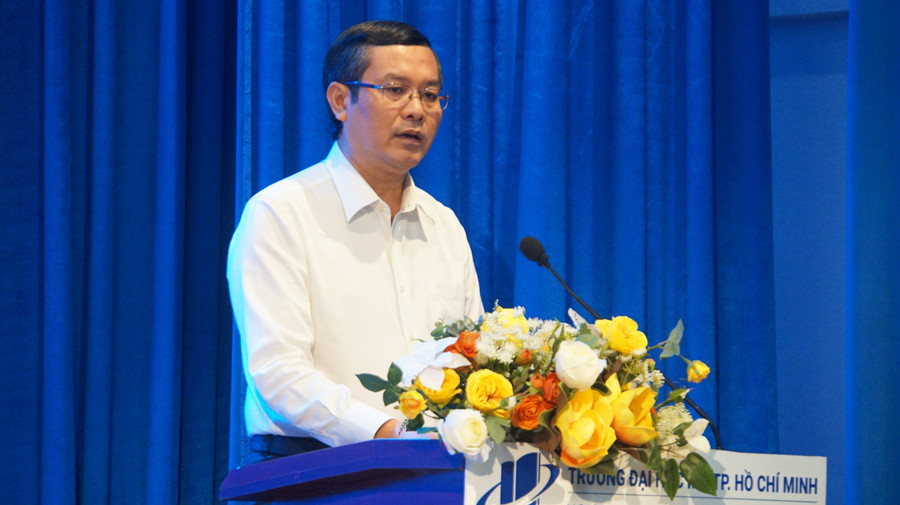
Regarding the goal of selecting higher education institutions for investment and development, the Deputy Minister currently has a list of universities selected for science and technology development such as: a network of excellent training centers and talents in technology 4.0; schools invested in training human resources to serve nuclear power development; schools focusing on the fields of semiconductor technology, artificial intelligence, etc.
Therefore, it is necessary to carefully calculate and review the number of schools selected in the project; ensuring fairness for both public and private schools and training facilities with international elements.
Regarding career orientation, Deputy Minister Nguyen Van Phuc emphasized the need to prioritize the development of key science and technology and high technology fields, key driving forces to bring the country to rapid and sustainable development.
The Deputy Minister suggested that universities should proactively cooperate extensively with outside parties to expand resources and improve research quality. Among the tasks of a university, training remains a key and important task and must be clearly reflected in the development strategy. The Deputy Minister also specifically reminded universities to focus on doctoral training.
Source: https://giaoducthoidai.vn/phat-trien-cac-truong-dai-hoc-tro-thanh-chu-the-nghien-cuu-manh-post743158.html



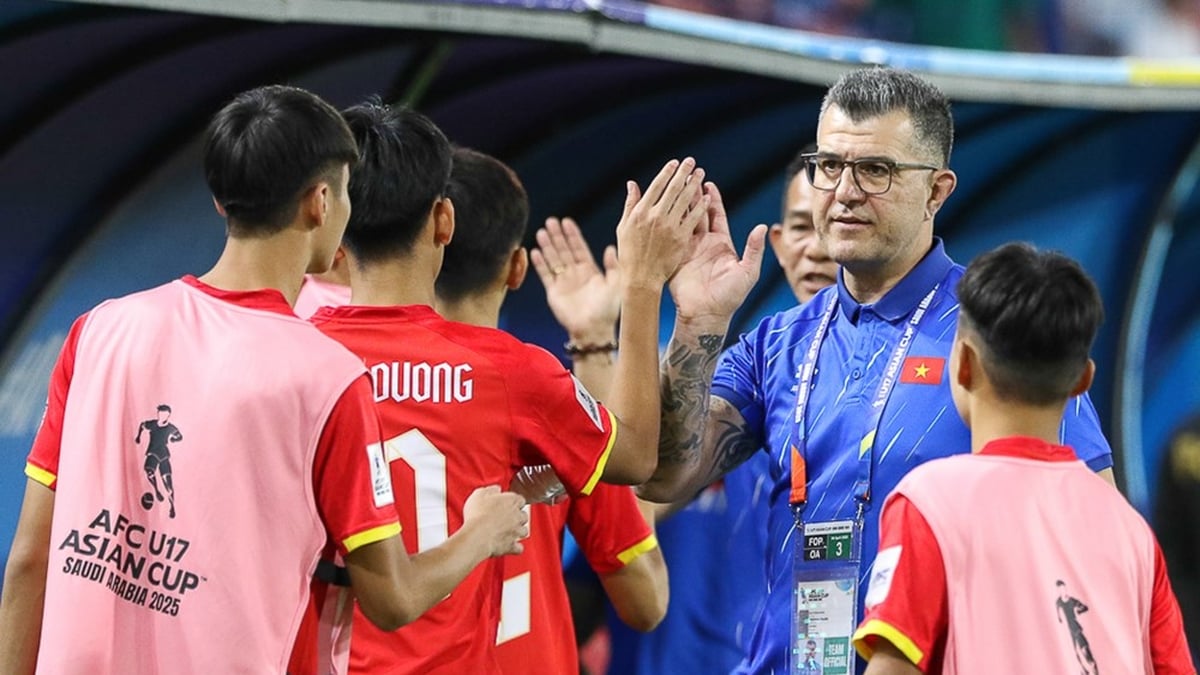

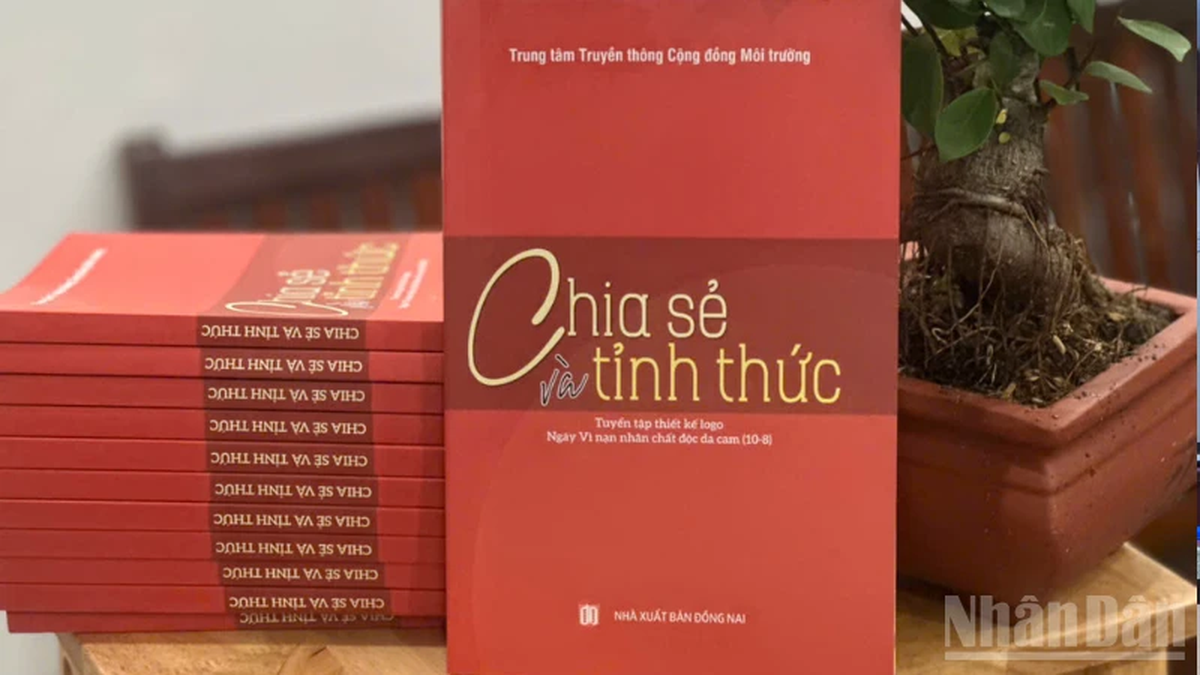
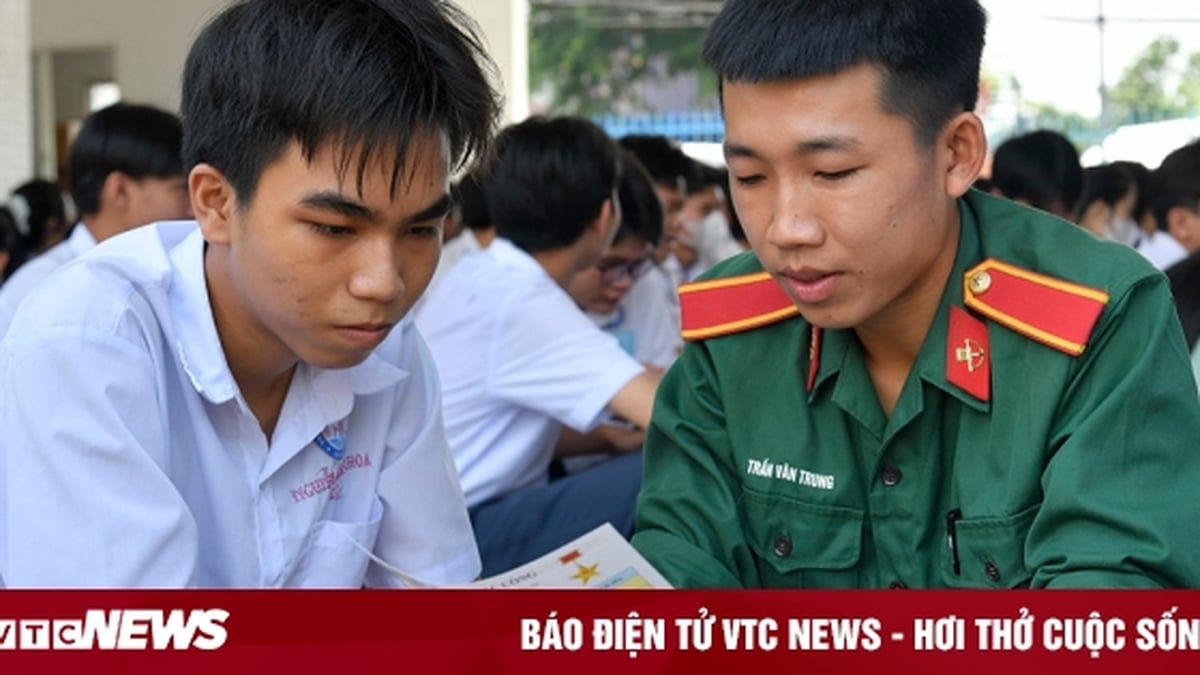

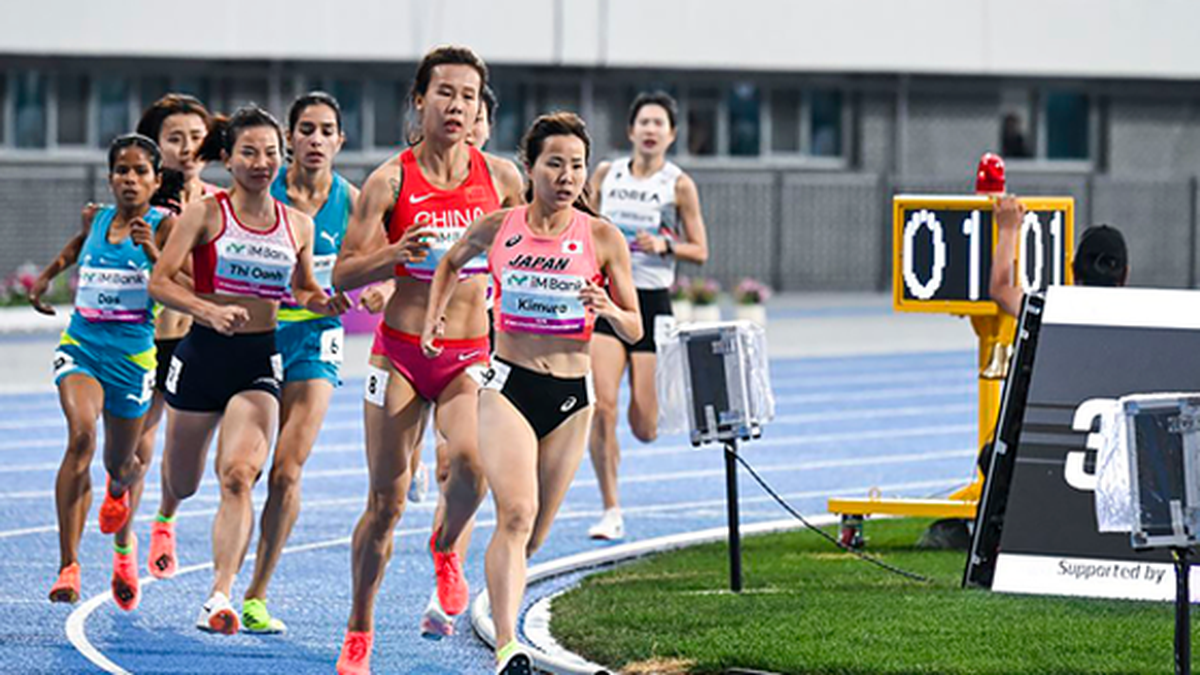


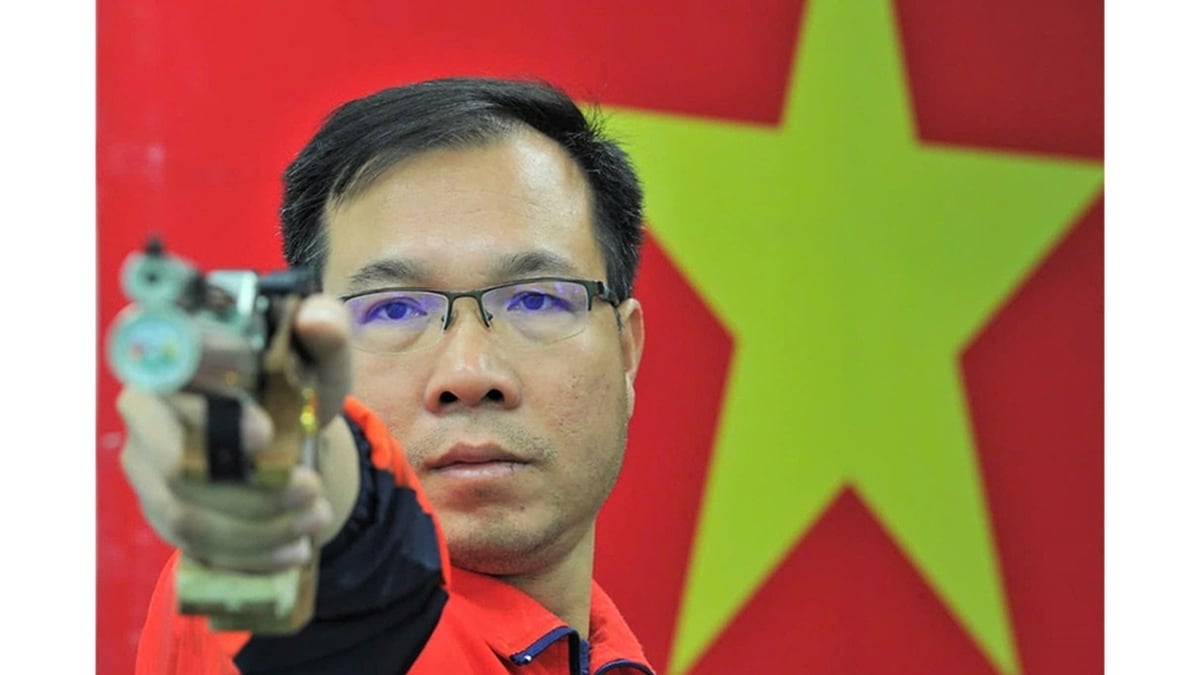












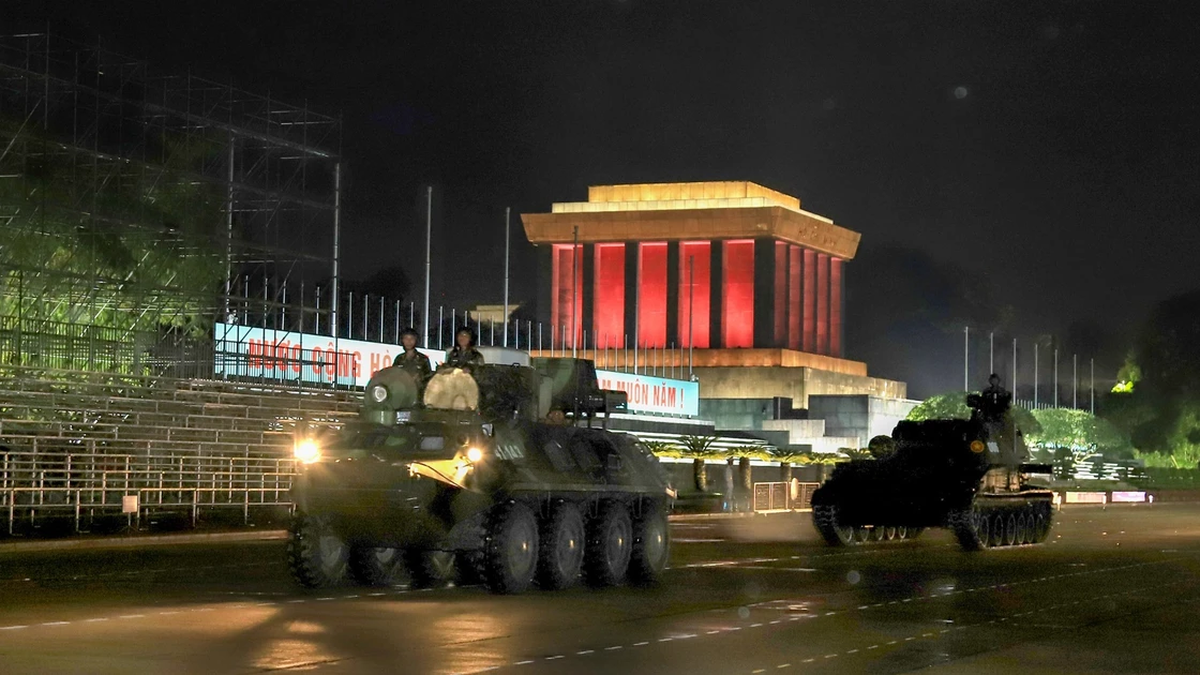
![[Photo] Nghe An: Provincial Road 543D seriously eroded due to floods](https://vphoto.vietnam.vn/thumb/1200x675/vietnam/resource/IMAGE/2025/8/5/5759d3837c26428799f6d929fa274493)


![[Photo] Discover the "wonder" under the sea of Gia Lai](https://vphoto.vietnam.vn/thumb/1200x675/vietnam/resource/IMAGE/2025/8/6/befd4a58bb1245419e86ebe353525f97)

























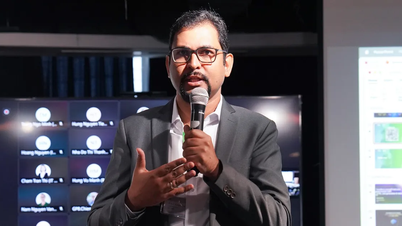



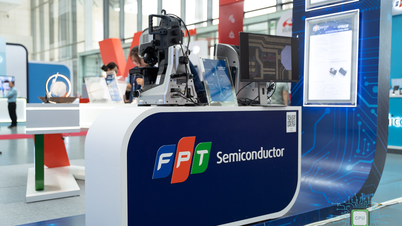

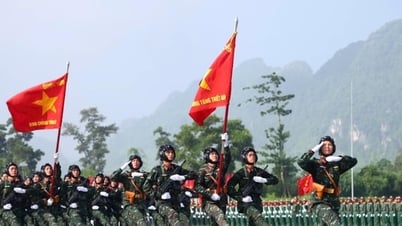

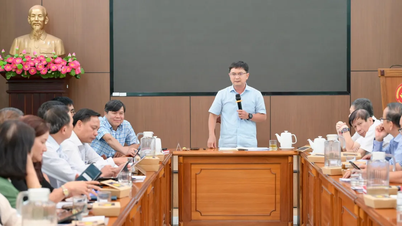

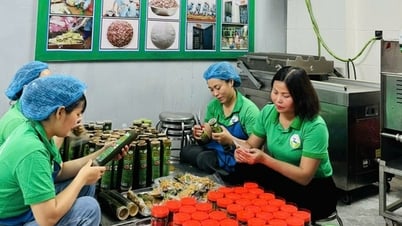




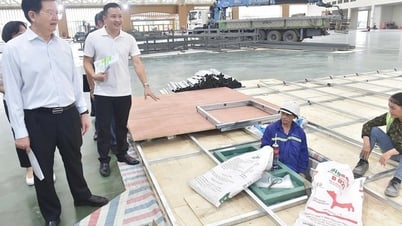
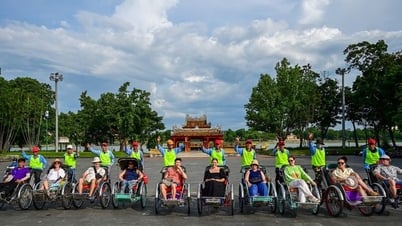
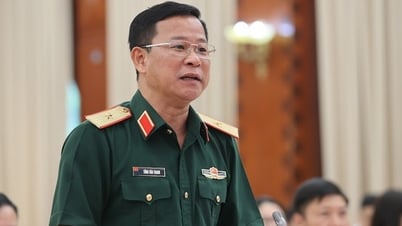
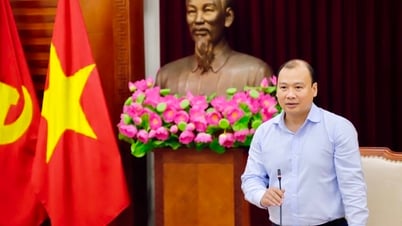



















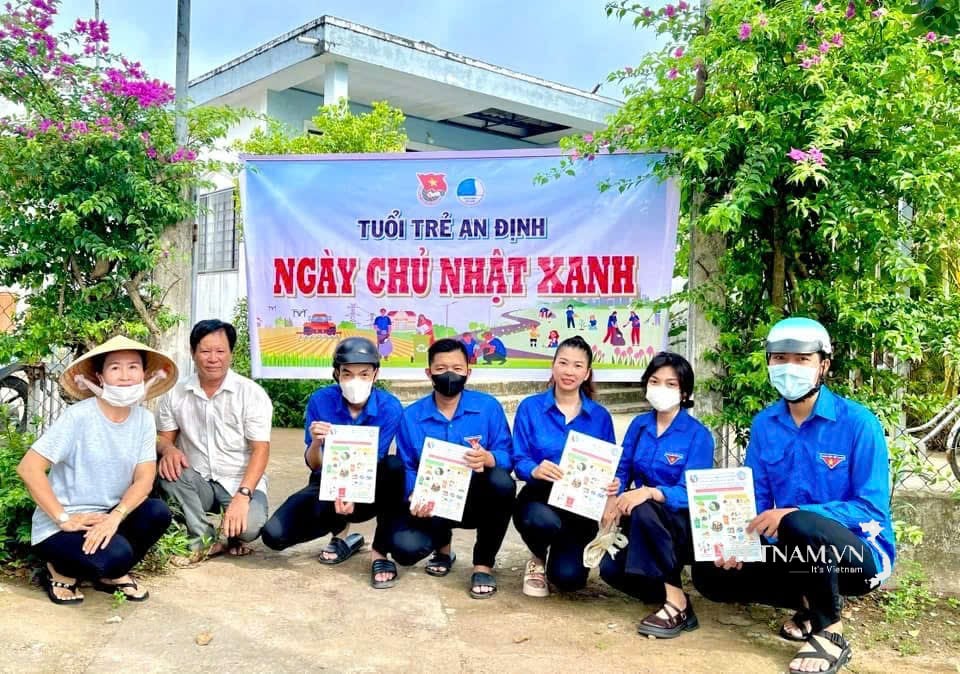
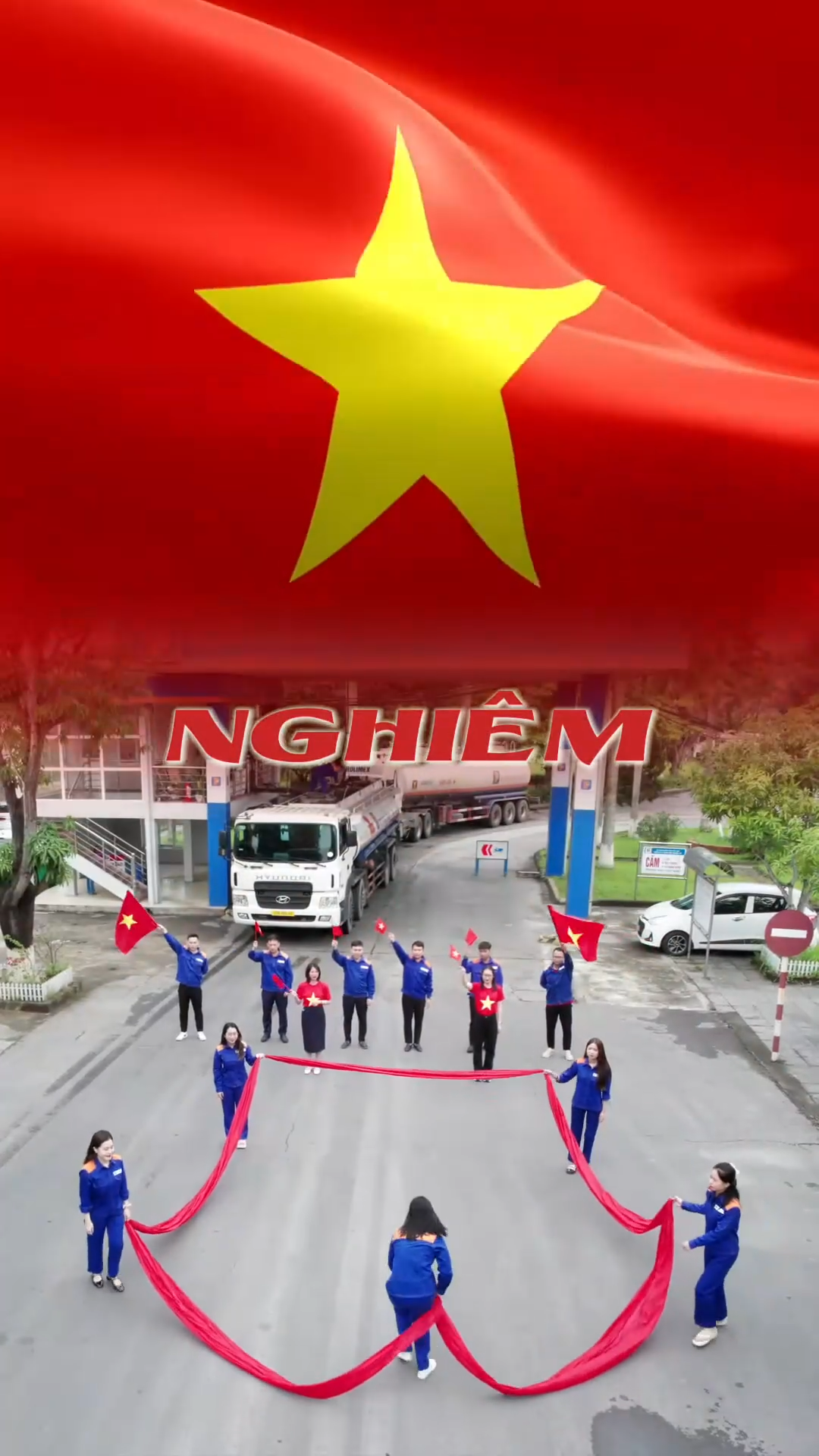


Comment (0)